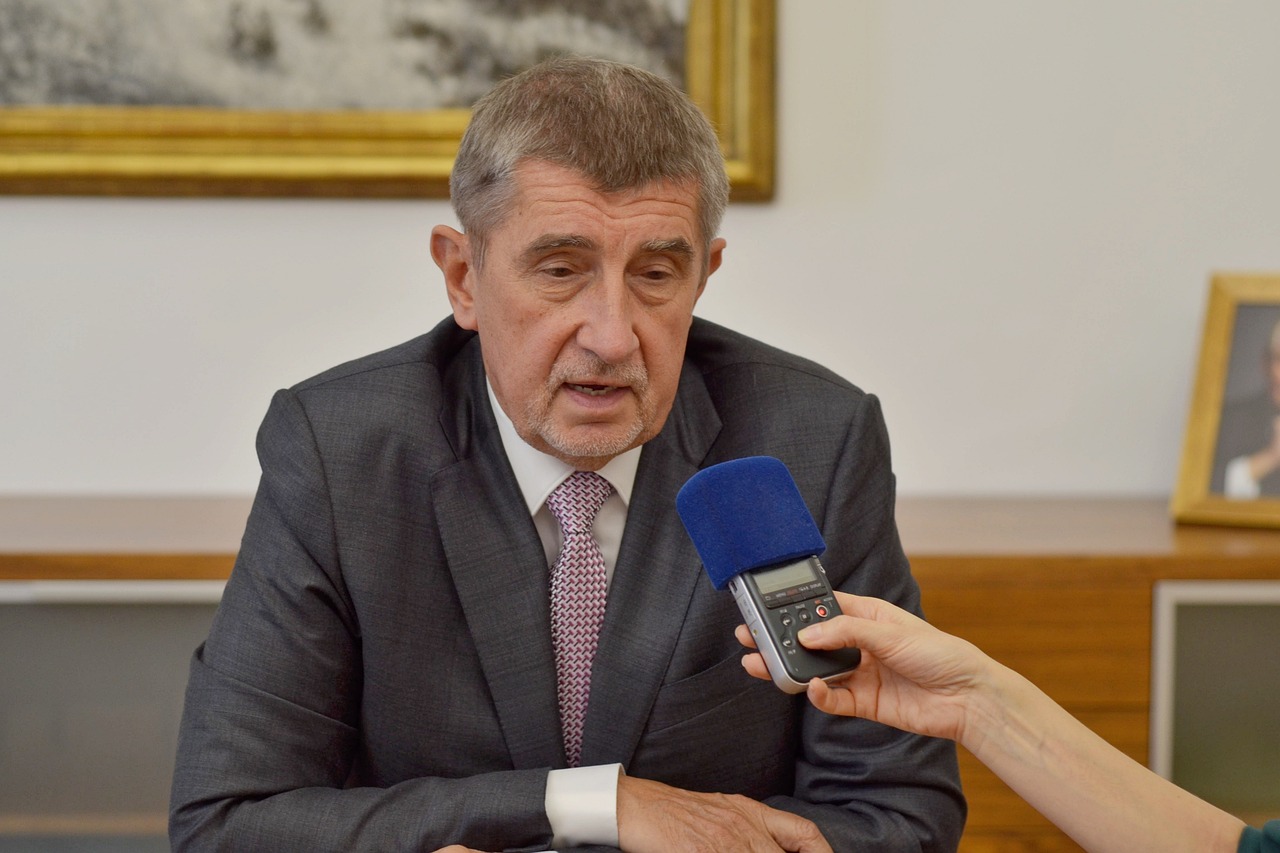Table of Contents
Vladimir Putin, Russia’s long-serving leader, has been a figure of global significance for more than two decades. Throughout his tenure as president and prime minister, he has faced a litany of criticism and controversy over his government’s human rights record. This article delves into some of the most contentious human rights issues associated with Putin’s rule, aiming to provide a balanced evaluation of the policies that have shaped Russia’s human rights landscape.
Vladimir Putin’s enduring presence in the political landscape of Russia has indeed made him a figure of global significance. While his leadership has been marked by a series of achievements and challenges, it is undeniable that human rights concerns have been a persistent source of international scrutiny and criticism.
One of the most contentious human rights issues associated with Putin’s rule is the state of freedom of expression and the media in Russia. Critics argue that there has been a shrinking space for independent journalism and dissenting voices during his tenure. They point to the closure of independent media outlets, harassment and violence against journalists and the passage of restrictive laws that curtail freedom of speech and assembly. The impact of these measures on civil society and the free exchange of ideas is a subject of ongoing concern.
Another critical area of contention is the treatment of political opposition in Russia. Putin’s government has been accused of suppressing political dissent through tactics such as the arrest and imprisonment of opposition figures, the banning of opposition parties and allegations of election irregularities. These actions have raised questions about the fairness and transparency of Russia’s political processes and the ability of opposition voices to participate freely in the political arena.
Human rights organizations and activists have also raised concerns about issues such as the treatment of minorities, particularly the LGBTQ+ community and the state of the rule of law in Russia. The passage of laws that target LGBTQ+ individuals and the prosecution of civil society organizations under laws governing “foreign agents” have drawn criticism for their potential impact on human rights and equality.
It is essential to note that the human rights situation in Russia is a complex and multifaceted issue. While critics argue that Putin’s government has eroded human rights, supporters contend that his leadership has prioritized stability and national security in a challenging geopolitical environment. They argue that measures taken, such as restrictions on NGOs receiving foreign funding, are aimed at preventing external interference in domestic affairs.
A balanced evaluation of the human rights landscape in Russia under Putin’s rule requires a nuanced understanding of the broader political, social and economic contexts in which these issues have arisen. It is a topic that continues to evolve and the perspectives on it vary widely both within Russia and on the international stage. Exploring these complexities is crucial for fostering informed discussions and diplomatic engagement on human rights in Russia.
Don’t stop here; you can continue your exploration by following this link for more details: Module 1 INTRODUCTION TO INTERNATIONAL TERRORISM
Freedom of Expression and Media Suppression
One of the most frequently criticized aspects of Putin’s rule is the perceived suppression of free expression and media freedom. Critics argue that Putin has effectively silenced dissenting voices by enacting laws that restrict the activities of non-governmental organizations (NGOs) and independent media outlets. These laws include the infamous “foreign agent” law, which requires NGOs receiving foreign funding to register as such and the “undesirable organizations” law, which allows the government to outlaw foreign NGOs it deems a threat to national security.
Proponents of these policies argue that they are necessary to protect Russia’s sovereignty and prevent foreign interference in domestic affairs. However, they have undoubtedly led to a chilling effect on civil society and free press, stifling critical voices within the country.
For a comprehensive look at this subject, we invite you to read more on this dedicated page: Guide on Article 10 of the European Convention on Human Rights
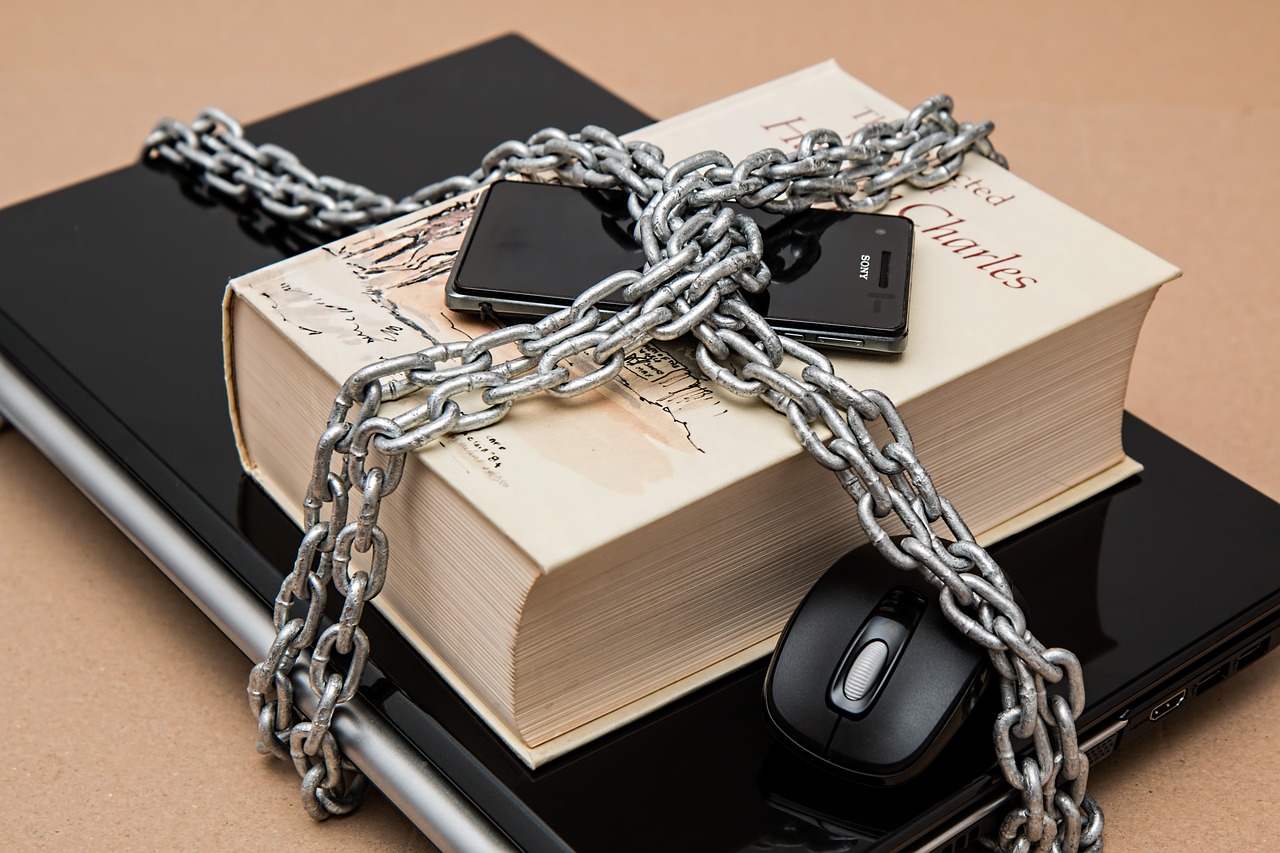
Political Opposition and Electoral Integrity
Another contentious issue is the treatment of political opposition figures and allegations of electoral misconduct. Putin has faced accusations of manipulating elections to maintain his grip on power, with some observers claiming that opposition candidates are unfairly marginalized or even barred from running. Critics point to the 2011-2012 protests sparked by allegations of widespread election fraud as evidence of electoral irregularities.
Putin’s supporters argue that Russia has a robust electoral system and that opposition figures often fail to gain traction due to their own limitations or a lack of widespread public support. They contend that allegations of election fraud are politically motivated and exaggerated by Western media.
For additional details, consider exploring the related content available here Russia: Freedom in the World 2022 Country Report | Freedom House
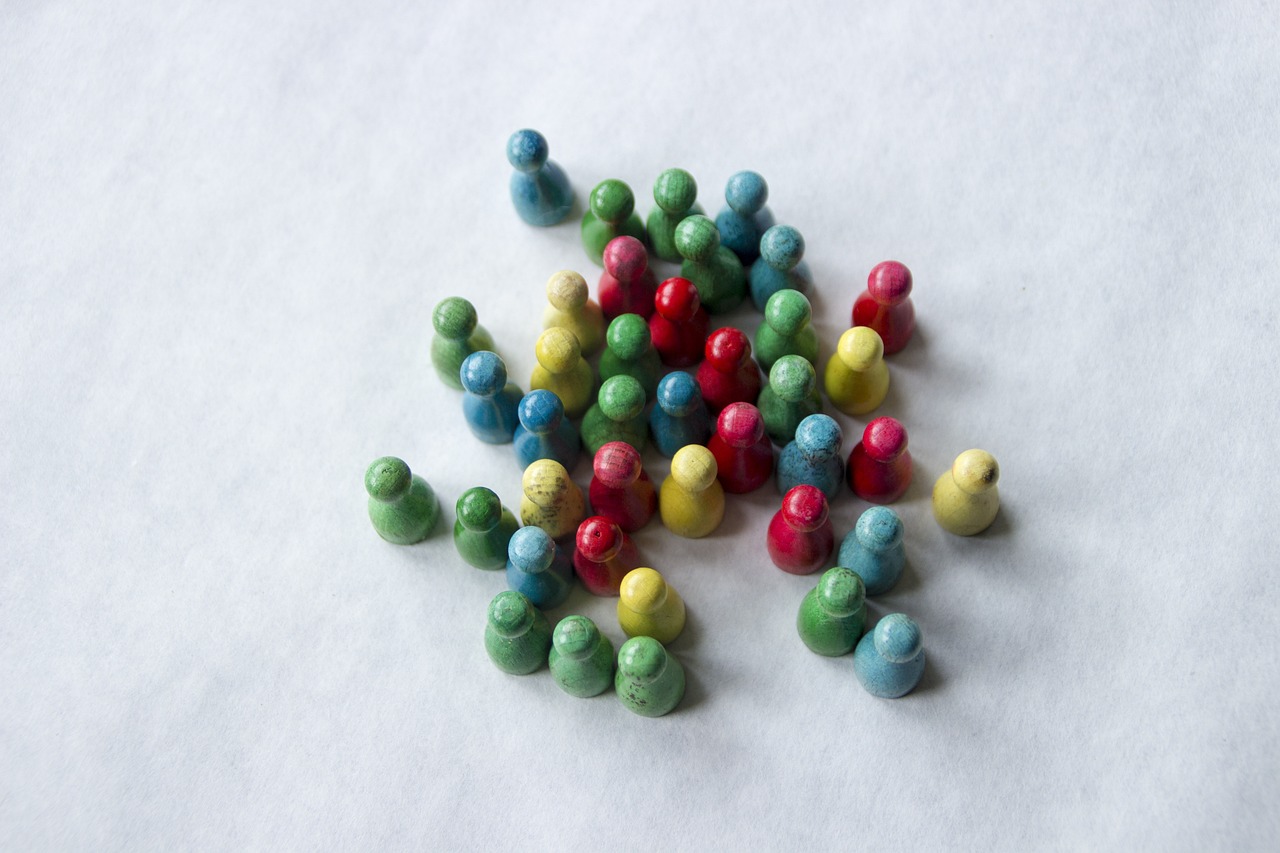
LGBT+ Rights and Discrimination
The treatment of the LGBT+ community in Russia has also been a source of international concern. In 2013, Russia passed a law that bans “propaganda of nontraditional sexual relationships among minors.” This law has been widely criticized for fostering discrimination and violence against LGBT+ individuals and stifling support for their rights.
Proponents of the law argue that it is intended to protect traditional family values and shield children from content that they believe may be harmful. They contend that it does not criminalize homosexuality itself but rather the promotion of non-traditional relationships to minors.
The treatment of the LGBT+ community in Russia has become a significant and enduring source of international concern. The 2013 law that bans the “propaganda of nontraditional sexual relationships among minors” has triggered substantial debate and criticism on both national and international levels.
Critics argue that the law has had a chilling effect on the rights and safety of LGBT+ individuals in Russia. It is seen as fostering discrimination, prejudice and even violence against this community by effectively stigmatizing any public expression or advocacy for LGBT+ rights. Activists and human rights organizations have decried the law for suppressing freedom of expression, assembly and association, all of which are fundamental rights enshrined in international human rights conventions.
On the other side of the argument, proponents of the law assert that its primary intention is to protect what they perceive as traditional family values and shield children from what they believe to be potentially harmful content. They contend that it does not criminalize homosexuality itself but rather the promotion of non-traditional relationships to minors. From this perspective, the law is framed as a measure to preserve the cultural and moral values of Russian society.
The debate surrounding this law encapsulates broader discussions about human rights, freedom of expression and the treatment of minority groups in Russia. It underscores the tension between claims of protecting traditional values and the concerns of civil rights advocates who see it as a violation of fundamental human rights.
For the international community, the issue is not merely about domestic policy but also about advocating for universal human rights standards. It serves as a reminder of the challenges and complexities involved in promoting and protecting the rights and dignity of LGBT+ individuals in different cultural and political contexts around the world.
For a comprehensive look at this subject, we invite you to read more on this dedicated page: 2021 Country Reports on Human Rights Practices: Russia
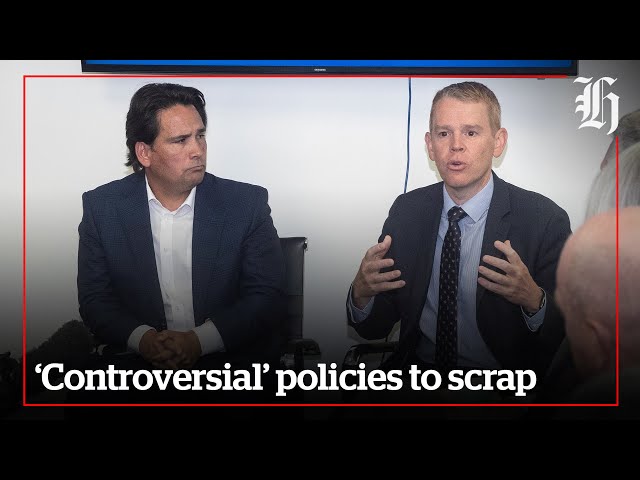
Freedom of Assembly and Protest
The Russian government’s response to public protests and demonstrations has drawn condemnation from human rights organizations. The crackdown on protests, especially those of a political nature, has led to numerous arrests, including high-profile cases like that of opposition leader Alexei Navalny. Critics argue that these actions infringe upon citizens’ rights to freedom of assembly and expression.
From the government’s perspective, these measures are taken to maintain public order and ensure the safety of citizens. They claim that some protests have turned violent and that law enforcement agencies are simply upholding the law.
The Russian government’s response to public protests and demonstrations represents a complex and contentious issue, evoking strong reactions from various quarters. This multifaceted scenario calls for an in-depth examination of the motivations, consequences and debates surrounding this matter:
1. Public Protest as a Form of Expression: Public protests and demonstrations are a fundamental aspect of democratic societies, allowing citizens to express their grievances, advocate for change and participate in the political process. They serve as a vehicle for the public to make their voices heard and hold their government accountable.
2. Concerns about Repression: Human rights organizations, both within Russia and internationally, have raised concerns about the Russian government’s response to protests. The arrests of demonstrators, particularly high-profile figures like Alexei Navalny, have drawn condemnation. Critics argue that these actions infringe upon the basic rights of freedom of assembly and expression.
3. Government Perspective on Public Order: On the other hand, the Russian government justifies its actions as necessary for maintaining public order and safety. They contend that some protests have turned violent, resulting in damage to property and posing risks to both participants and bystanders. From their perspective, law enforcement agencies are tasked with upholding the rule of law.
4. Balancing Act: The challenge lies in striking a balance between preserving the right to protest and maintaining public order. This balance is a central tenet of democratic governance. Critics argue that the government’s approach leans too heavily toward suppression, stifling dissent and limiting the space for peaceful expression.
5. Implications for Democracy: The handling of protests has broader implications for the state of democracy in Russia. A robust democracy requires a thriving civil society where citizens can engage in open and peaceful discourse. Actions that curtail the right to protest raise questions about the health of democratic institutions.
6. International Response: Russia’s approach to public protests has not gone unnoticed on the global stage. Various countries and international organizations have voiced concerns and called for the protection of fundamental rights. Diplomatic relations and international perceptions can be influenced by the handling of such situations.
7. Dialogue and Reconciliation: Some argue that fostering dialogue between the government and protestors can lead to more constructive outcomes. Open channels of communication can help address grievances and reduce the likelihood of confrontations.
8. Evolving Landscape: The dynamics of public protests and government responses are continually evolving. As technology plays an increasingly significant role in organizing and documenting demonstrations, it presents new challenges and opportunities for both protestors and authorities.
In conclusion, the Russian government’s response to public protests is a contentious issue that touches upon fundamental rights, the rule of law and the state of democracy. Finding a middle ground that upholds citizens’ rights while maintaining public order is a complex challenge. The ongoing debate surrounding this issue reflects the broader discourse on the balance between governance and individual freedoms in contemporary society.
Should you desire more in-depth information, it’s available for your perusal on this page: Human Rights Committee Considers Report of the Russian …
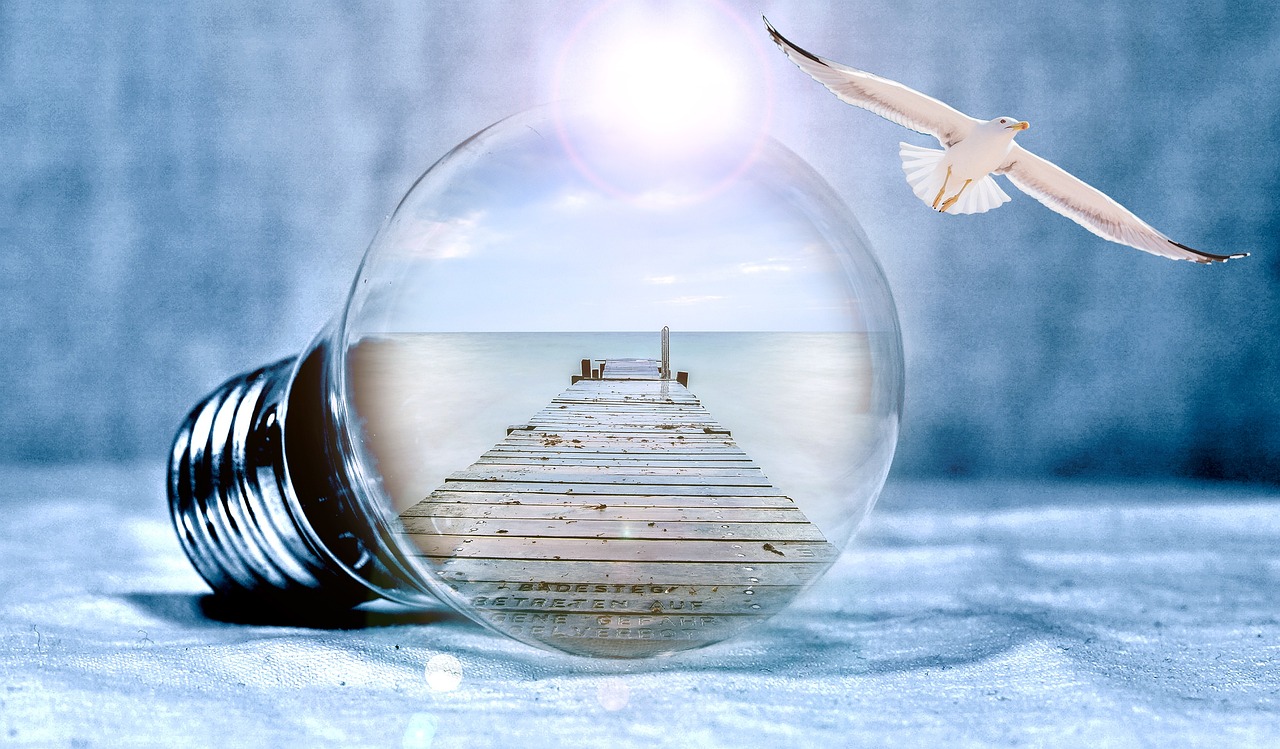
Vladimir Putin’s leadership has been marked by a complex interplay of human rights controversies. While critics point to restrictions on freedom of expression, political opposition, LGBT+ rights and freedom of assembly as evidence of a deteriorating human rights situation, Putin’s supporters maintain that these policies are necessary to protect national interests and maintain stability in Russia.
Evaluating Putin’s human rights record is a nuanced task and the reality likely falls somewhere between the extreme viewpoints. It is crucial to consider the broader context, including geopolitical factors and domestic concerns, when assessing the impact of these policies on human rights in Russia. As Putin’s leadership continues to shape Russia’s trajectory, the ongoing debate over his human rights record remains a significant aspect of his legacy.
To expand your knowledge on this subject, make sure to read on at this location: Article by Vladimir Putin ”On the Historical Unity of Russians and …
More links
You can also read more about this here: Background to “Assessing Russian Activities and Intentions in …
